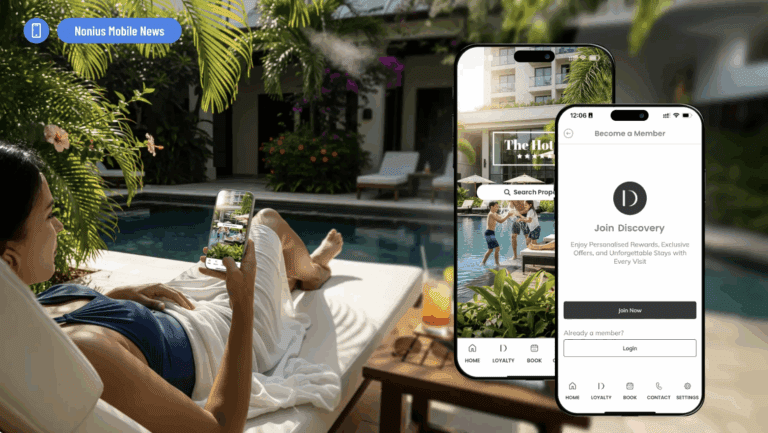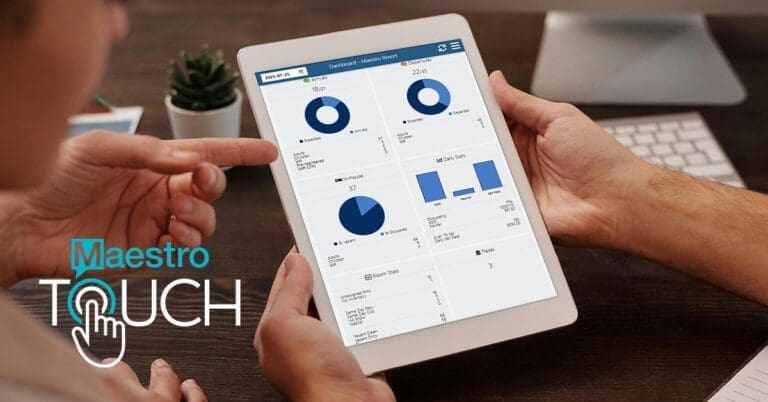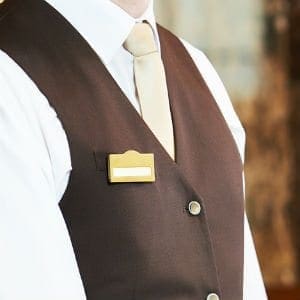A conversation last week with a couple of senior industry professionals turned to the importance of empathy in being able to provide a great service to customers – and yet sadly how often it is a missing quality. It led on to a broader discussion about the best way of influencing a customer or a colleague, is through not influencing them at all.
What do we mean?
The best sales technique is to appear to not to sell. The sell is the non-sale, what is required is an understanding of the other person’s needs or issues. Some will say that this is a listening skill and that is partly true but it is more than that. It is about a desire to hear the issue and to provide the answer plus more.
There is nothing more powerful than the unexpected gesture or the added value comment that really does make a difference. We are all today inundated with sales approaches. In recent times, we will all have emails each day asking if you have read a previous email that you had purposefully ignored. The chances are that you press delete almost immediately.
So how does one today gain new leads and influence people?
The first question is how many teach their teams to be empathetic with their customers?
The notion is simple – to gain, one first has to give, but what do your teams give that go beyond the expected?
How many believe managing the transaction well is good enough?
There is an old saying:
“People may forget what you have said. People may forget your actions but people will never forget how you made them feel!”
Let’s explore a few questions
- Why does the relationship between a customer and a restaurant finish the moment the bill is paid? Why do 99 per cent of restaurants let the customer leave with no more than a thank you? Simple – it is a transaction and that transaction is over. It is bar the fact that the operator wants the customer to return and to spread the word. So what could a little gesture cost to say “good bye” with more than words?
- When a customer arrives at a hotel they will often make their decision if they like it in the first 5 minutes by the way they are greeted. Most often it is a disappointment but the ones that get it right create a special bond with the customer. Nothing surely is more important than a warm welcome. If a guest comes to our offices, we would not walk away as we opened the door as we know it would make the guest feel uncomfortable as they enter – and yet this so often happens in hotels. One hotelier we know meets and greets guests the moment they walk through the door with a small gesture of apple and elderflower that looks like champagne and a welcome using their name. Simple but has wow factor.
- How many foodies talk at others as though they are the greatest authority of good food? Food is central to all our lives today and most people have a feel for what they like and are being educated on diet and good eating. It is happening through great taste and engagement and there is a thirst to learn. Those that engage with humility and openness will get the best interaction.
So often companies think they know how to sell but fail in the basics. What will influence a customer or a client best is by listening to what they want, having the empathy to understand and finally delivering what they want.
People are not stupid. They know operations are not easy; that problems occur. People know mistakes happen but what they really want is to be served by people that care. If they feel that, they will forgive 90 per cent of mistakes. They want to be cared about and to feel important.
Yes it is obvious, but if it is, one has to ask:
- Why don’t companies coach empathy?
- Why don’t restaurants do something extra to impress the customer as they leave?
- Why don’t receptionists greet customers by name or do something that makes the welcome special?
If the answers is because of cost or it is too hard, well – there lies the answer as great hospitality is about those that go the extra mile and that is today’s expectation and competitive edge.
About the author
Ben V Butler writes for eHotelier’s sister print title EP Business in Hospitality.



















